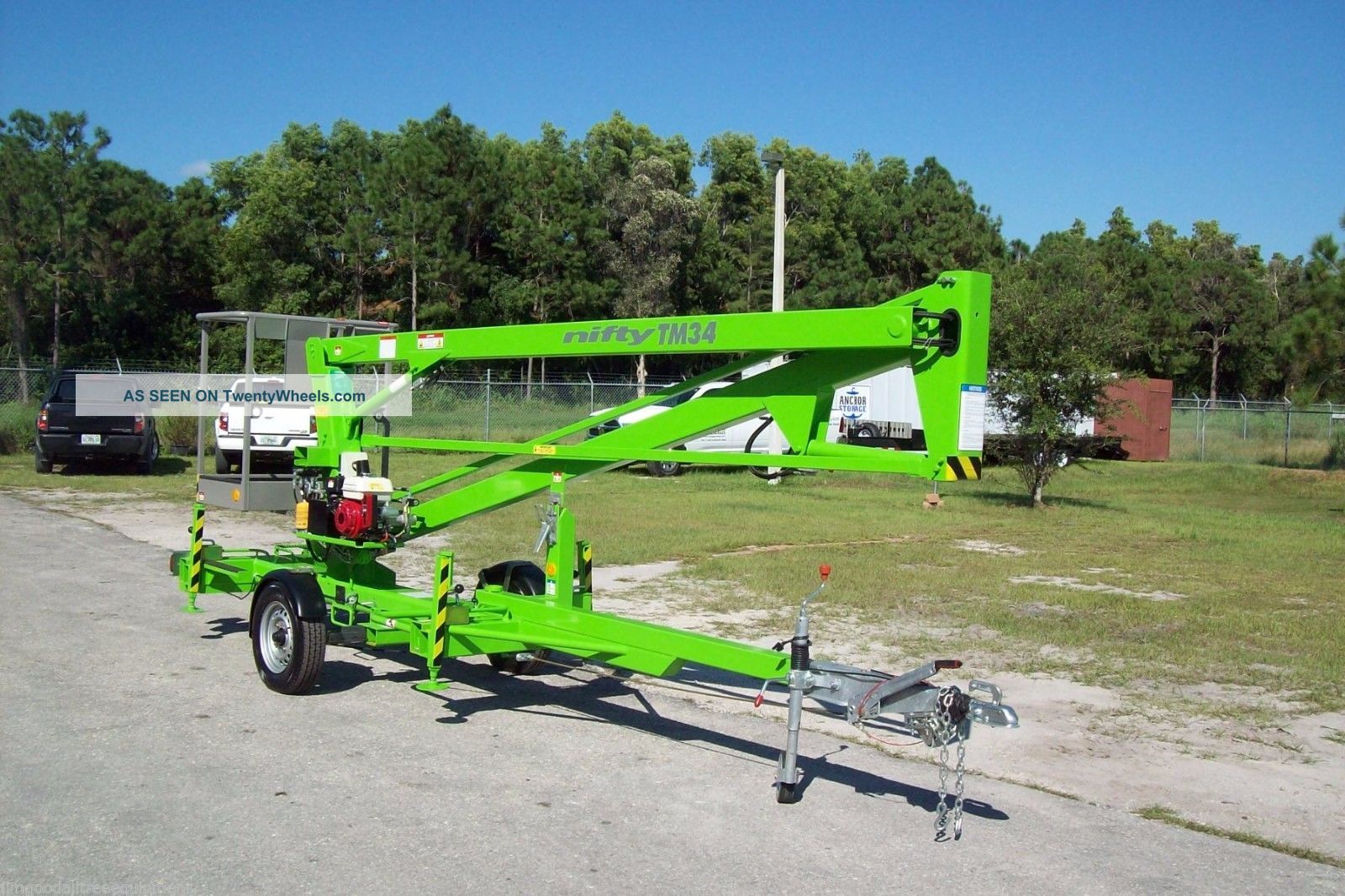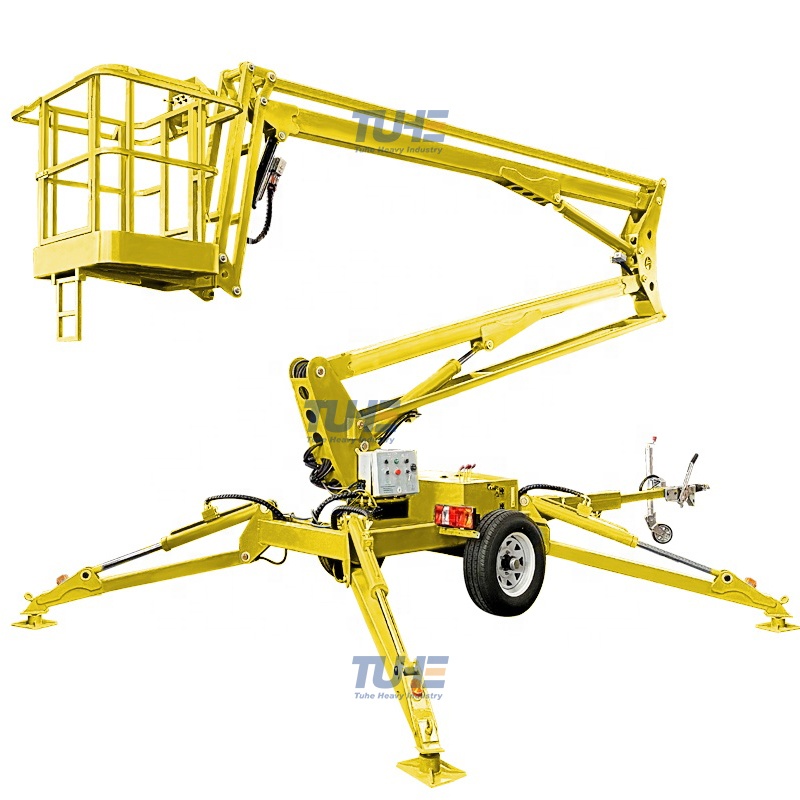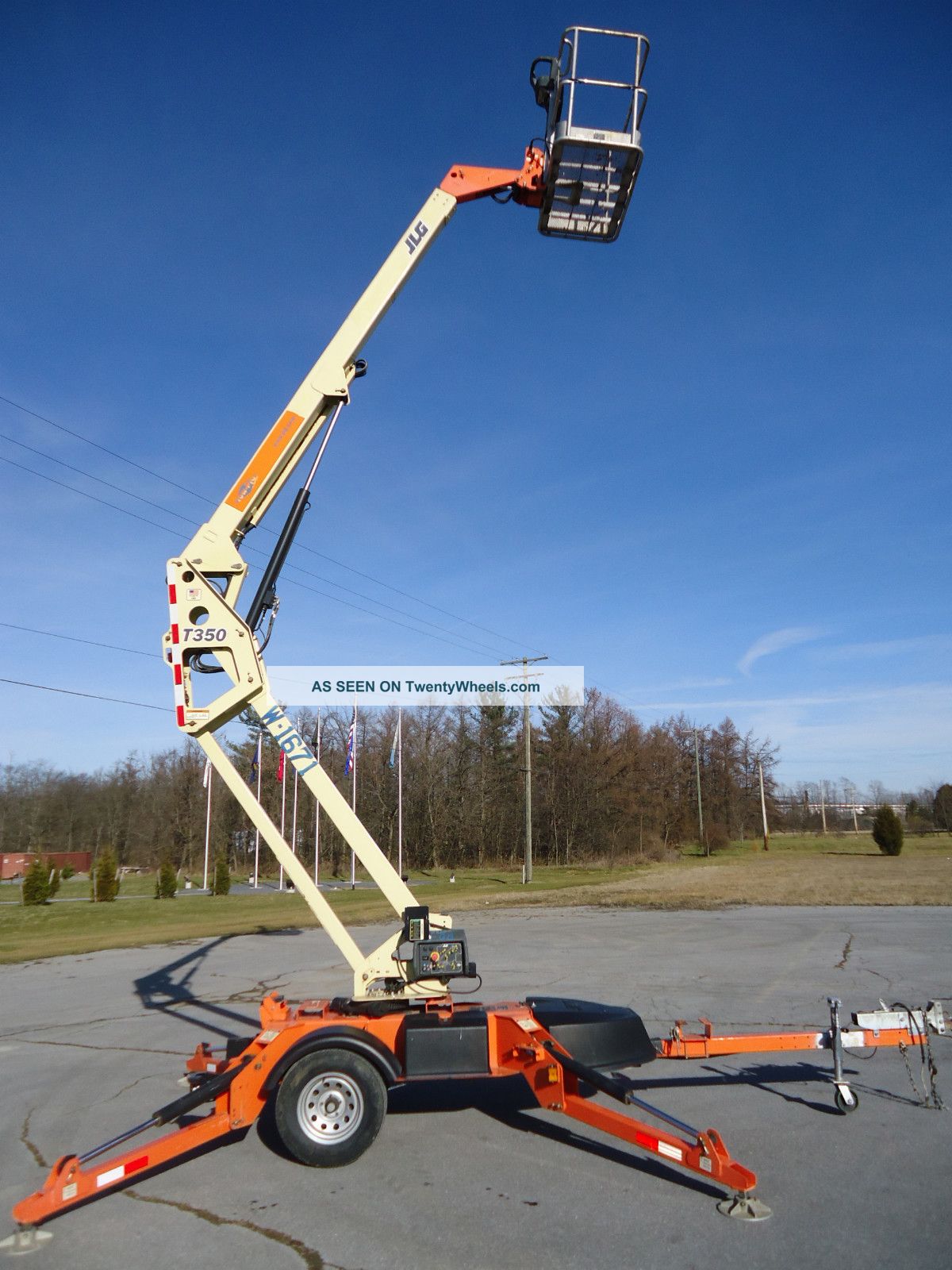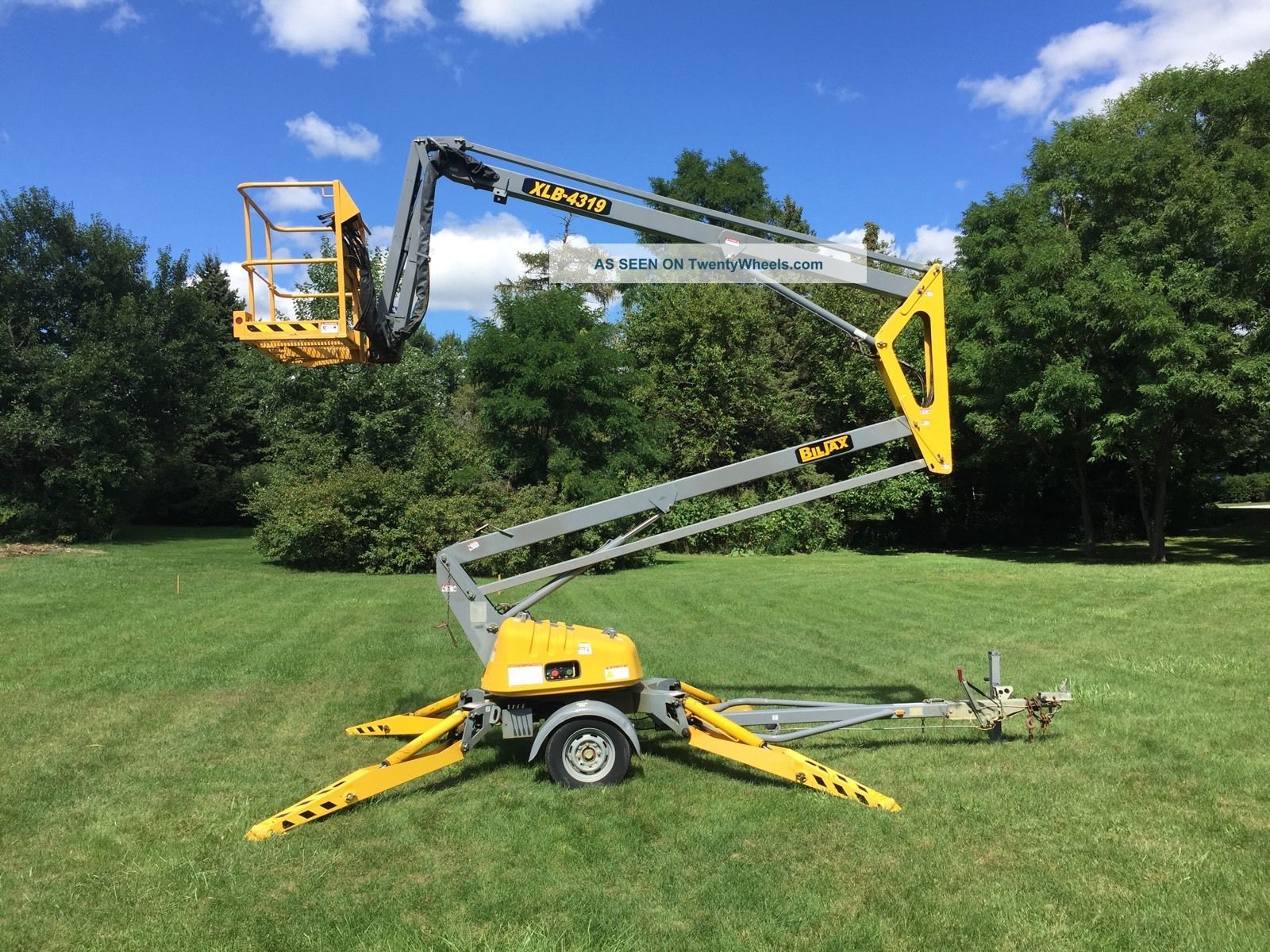Towable Manlift For Sale – But is this a reflection of reality? Or is it an illusion we’ve created, an idea we’ve accepted in order to make sense of a world that increasingly revolves around consumption and profit?
At the core of this idea lies the assumption that everything, no matter how unique or rare, can be exchanged. Additionally, second-hand furniture allows buyers to find unique items that may not be available in traditional furniture stores. The role of business brokers and intermediaries has become increasingly important in today’s business-for-sale market. At its core, “for sale” signifies that something is available for purchase, but beyond that, it tells a story of desire, exchange, and transition. Through online marketplaces and platforms, small businesses and independent creators can sell their goods to a global audience. The digital age has also transformed the way things are bought and sold. With the rise of e-commerce, the accessibility of quality goods for sale has expanded exponentially. Whether it’s a high-end designer handbag, a gently used sofa, or a vintage record player, the price difference between a new and a second-hand item can be significant. It can be a metaphor for much deeper exchanges in life. These moments remind us that there is more to life than the pursuit of profit, and that not everything can be measured by a price tag. Buyers can often filter search results by price, condition, and location, making it easier to find the best deals. In this sense, purchasing pre-owned items can be seen as a form of social responsibility, as it helps create a positive impact that extends beyond the individual buyer. In some cases, selling second-hand items can be a way to make a significant profit, especially if the items are rare, vintage, or in high demand. Workers are often paid meager wages for their labor, while corporations amass wealth. These platforms allow users to browse listings, communicate with sellers, and make purchases from the comfort of their own homes. Their inherent value comes not only from their physical characteristics but also from the values of durability and sustainability. These platforms often provide tools that help streamline the due diligence process, including access to financial documents, business valuations, and other relevant data. When a person decides to sell something, they might weigh the pros and cons, debating whether it’s the right time or whether it’s really necessary to part with what they’ve had for so long. The process of selling it can be seen as a form of letting go, a recognition that the future may look different from the past, but that doesn’t diminish its importance or value. This shift in mindset has contributed to a growing acceptance and even celebration of second-hand shopping, making it a mainstream activity that is not just about saving money but about making more thoughtful and responsible choices.

Nifty Tm34m 40 Ft Towable Boom Lift, Honda Power, 2016s In Stock In Fl
In stock & available nowcall for pricingleading industry dealercompetitive prices

2015 HAULOTTE 4527A TOWABLE BOOM LIFT WITH JIB 45' REACH ELECTRIC 2WD
In stock & available nowcall for pricingleading industry dealercompetitive prices

2014 Genie TZ50 Towable Lift For Sale
In stock & available nowcall for pricingleading industry dealercompetitive prices

Biljax Towable Lift 4725A YouTube
In stock & available nowcall for pricingleading industry dealercompetitive prices

TowPro Towable Boom Lifts JLG
In stock & available nowcall for pricingleading industry dealercompetitive prices

10m 12m 14m 16m 18m 20m 22m Hydraulic Trailer Mounted Boom Man Lift
In stock & available nowcall for pricingleading industry dealercompetitive prices

45' Towable Manlift 4527A Time Equipment Rental and Sales
In stock & available nowcall for pricingleading industry dealercompetitive prices

2017 JLG T350 TOWABLE BOOM LIFT AERIAL LIFT 35' REACH ELECTRIC
In stock & available nowcall for pricingleading industry dealercompetitive prices

2008 Jlg T350 Tow Behind Boom Lift Towable Manlift Man Lift Aerial
In stock & available nowcall for pricingleading industry dealercompetitive prices

Biljax 43 ' Towable Electric Boom Man Lift
In stock & available nowcall for pricingleading industry dealercompetitive prices
Yet, despite this shift, the appeal of quality craftsmanship has not waned. This has opened up new possibilities for people to find exactly what they’re looking for, whether it’s a specific brand of furniture or a limited edition item that was once sold out. This shift from a linear economy, where products are made, used, and disposed of, to a circular one, where products are continually reused and repurposed, is a step towards a more sustainable and environmentally friendly world. This desire for items with character and a story behind them has contributed to the growing appeal of second-hand goods. Similarly, gently used clothing from high-end brands can be found for a fraction of their original retail price. Millennials and Gen Z, in particular, have embraced the idea of second-hand shopping as a way to challenge consumerism, reduce waste, and express their individuality. This shift in mindset has contributed to a growing acceptance and even celebration of second-hand shopping, making it a mainstream activity that is not just about saving money but about making more thoughtful and responsible choices. The ease and convenience of online sales have created a global marketplace where individuals can connect with buyers and sellers across the world. For when everything is for sale, it’s easy to forget that the most important things in life are not commodities; they are experiences, relationships, and moments of connection that cannot be measured in dollars and cents. Additionally, trends in sustainability and eco-conscious living have contributed to the growth of the second-hand market, as consumers become more aware of the environmental impact of their purchasing decisions. For many people, there is something uniquely satisfying about sifting through racks of clothes, rummaging through bins of books, or browsing shelves of home goods in search of that perfect item. This practice is an essential aspect of sustainability, as it helps conserve resources and reduces the amount of waste sent to landfills. Cars, too, are often sold with a sense of transition. For many, purchasing second-hand goods is not just about saving money, but about embracing sustainability, supporting a circular economy, and contributing to a more environmentally conscious world. A car is something that can hold a great deal of sentimental value. The act of selling a home is a deeply emotional process, and when it’s completed, there’s a sense of closure and anticipation for what comes next. Thrifted clothing, vintage furniture, and pre-owned electronics are often seen as more authentic and unique than brand-new, mass-produced items. Whether through local thrift stores, online marketplaces, or garage sales, the option to buy pre-owned items has created a flourishing market that continues to grow. Some need the money, some want to declutter, and others might feel the urge to let go of possessions as they enter new phases in their lives. Websites like eBay, Craigslist, Facebook Marketplace, and Poshmark have made it easier than ever for individuals to sell their unwanted items and for buyers to find exactly what they are looking for.
They also have access to networks of potential buyers and sellers, which can help expedite the sale process and increase the chances of a successful transaction. For example, someone might be able to purchase a used smartphone or laptop with the same features and specifications as a brand-new model, but at a significantly reduced price. Second-hand markets also promote the idea of a circular economy, an economic system that focuses on reducing waste and reusing products. Upcycling is a great way to make the most out of second-hand goods, adding both value and meaning to the items that are being repurposed. People are not just looking for things that work well; they want products that elevate their environment and their experiences. Online platforms such as eBay, Craigslist, and Facebook Marketplace have made it easier than ever for individuals to sell their unwanted items to a global audience. In a sense, the very nature of human existence can feel like a transaction. Online platforms also give buyers and sellers the chance to evaluate one another through reviews and ratings, adding an extra layer of trust and security to the transaction. But in the end, whether it’s an item or an individual, the process of being “for sale” is a negotiation of worth, a moment of exchange. The focus on longevity and reliability is what sets these goods apart from their mass-market counterparts. For sellers, online platforms can expand their reach to a global audience of potential buyers, increasing the chances of finding the right match for their business. Millennials and Gen Z, in particular, have embraced the idea of second-hand shopping as a way to challenge consumerism, reduce waste, and express their individuality. A person might sell a beloved possession to fund an important life change, such as starting a business, moving to a new city, or pursuing a dream. Unlike starting a business from scratch, which requires time to build a reputation and establish market credibility, buying an existing business means stepping into an environment where some of the groundwork has already been done. Another key benefit of second-hand goods is their positive impact on the environment. For some, selling something may feel like a sacrifice, while for others, it may feel like an investment in their future. In a world that often prioritizes convenience
The notion of a business for sale is one that captures the imagination of many. Quality goods stand in stark contrast to this cycle. With the rise of e-commerce, the accessibility of quality goods for sale has expanded exponentially. But is this a reflection of reality? Or is it an illusion we’ve created, an idea we’ve accepted in order to make sense of a world that increasingly revolves around consumption and profit?
At the core of this idea lies the assumption that everything, no matter how unique or rare, can be exchanged.